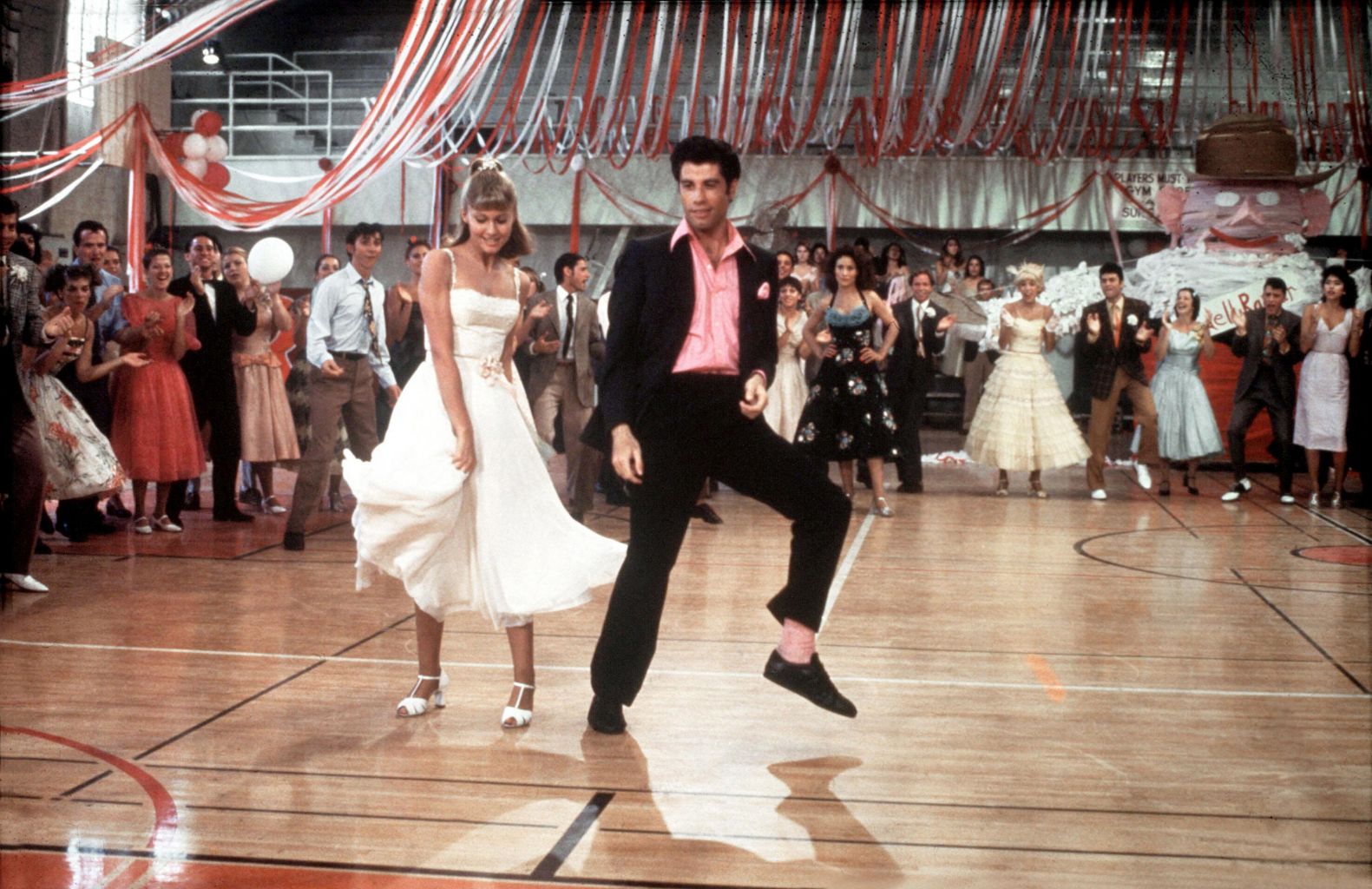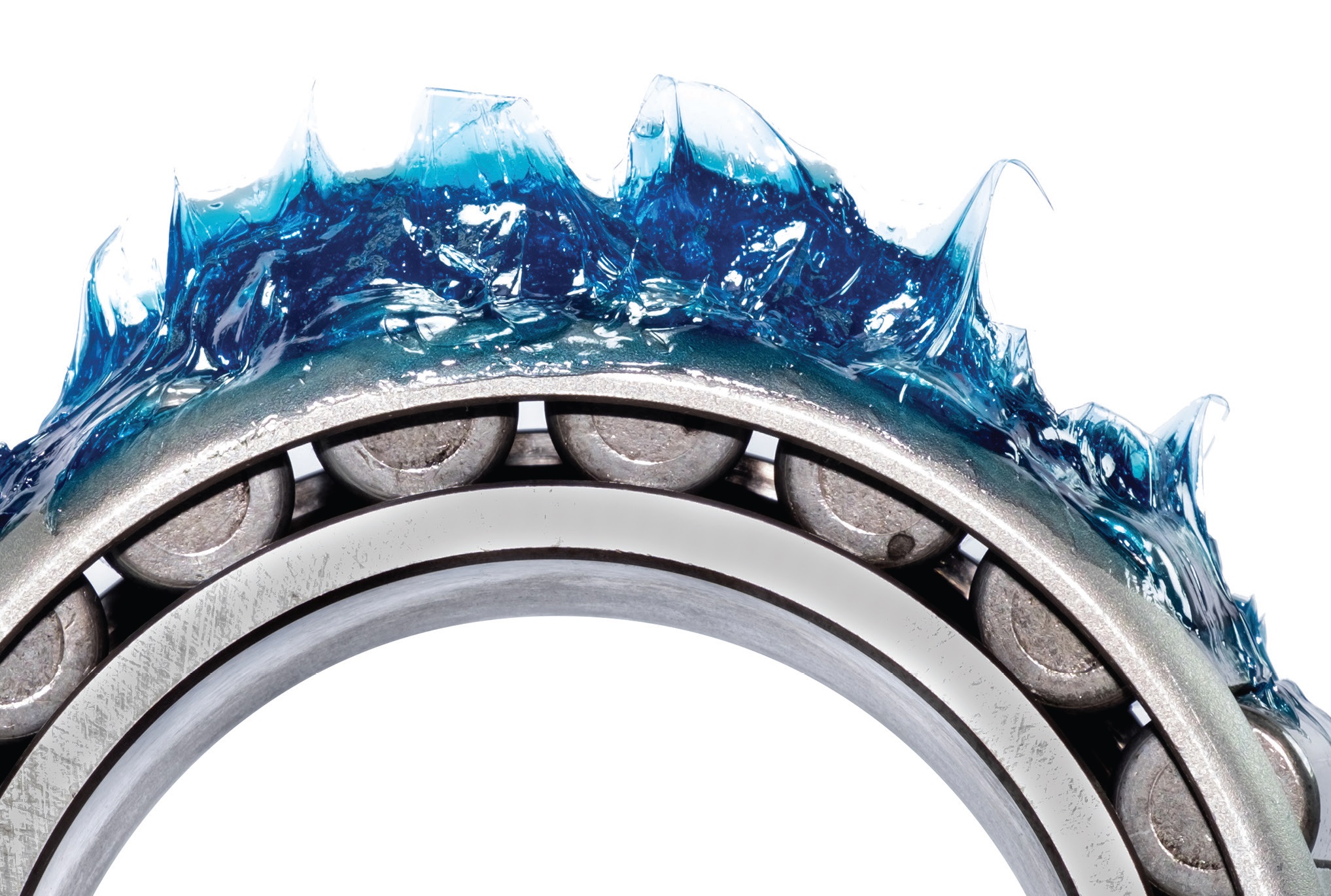

When Was Grease Made? A Deep Dive Into The Classic Musical Film
Grease is not just a film; it's a cultural phenomenon that has captivated audiences since its release. This iconic musical, filled with catchy songs and memorable characters, has left an indelible mark on the world of cinema. But when was Grease made? In this article, we will explore the history of Grease, its production, and its enduring legacy. From its origins as a stage musical to its transformation into a beloved film, we will uncover the details that make Grease a timeless classic.
Initially, Grease debuted as a stage musical in 1971, created by Jim Jacobs and Warren Casey. The show quickly gained popularity, leading to a film adaptation that would forever change the landscape of musical cinema. The film, released in 1978, brought together a star-studded cast, including John Travolta and Olivia Newton-John, and featured unforgettable songs that continue to resonate with audiences today.
In the following sections, we will delve into the making of Grease, its impact on popular culture, and the reasons behind its lasting appeal. Whether you are a lifelong fan or new to the world of Grease, this comprehensive exploration will provide insights into one of the most beloved musical films of all time.
Table of Contents
- 1. The Origins of Grease
- 2. The Transition from Stage to Screen
- 3. The Cast and Crew Behind Grease
- 4. The Impact of Grease on Popular Culture
- 5. Box Office Success and Critical Reception
- 6. Iconic Songs and Dance Numbers
- 7. Grease's Legacy and Influence
- 8. Conclusion: Why Grease Endures
1. The Origins of Grease
Grease originated as a stage musical in 1971, developed by Jim Jacobs and Warren Casey. Set in the 1950s, the musical captures the essence of teenage life, complete with romance, rebellion, and rock 'n' roll. The show premiered at the Kingston Mines Theatre in Chicago, where it quickly became a local sensation.
As the popularity of Grease grew, it made its way to Broadway in 1972. The Broadway production featured a cast of talented performers and received critical acclaim, cementing its place in musical theater history. The success of the stage musical laid the groundwork for the eventual film adaptation.
Key Themes and Characters
Grease explores themes of love, friendship, and the challenges of adolescence. The main characters, Sandy Olsson and Danny Zuko, embody the quintessential high school romance, facing societal pressures and personal growth throughout the story.
2. The Transition from Stage to Screen
Grease was adapted into a film in 1978, directed by Randal Kleiser. The film aimed to capture the spirit of the original musical while introducing new elements to appeal to a broader audience. The transition was marked by a mix of excitement and apprehension, as fans of the stage version wondered how the film would compare.
The casting of John Travolta as Danny Zuko and Olivia Newton-John as Sandy Olsson was a pivotal moment in the film's development. Both actors brought charisma and talent to their roles, contributing to the film's overall success. The chemistry between Travolta and Newton-John became a defining aspect of the film.
Filming Locations
The film was primarily shot in California, with several iconic locations becoming synonymous with Grease. The Rydell High School set, created specifically for the film, is one of the most recognizable backdrops in cinematic history.
3. The Cast and Crew Behind Grease
The success of Grease can be attributed to its talented cast and crew. Alongside John Travolta and Olivia Newton-John, the film featured a stellar ensemble, including Stockard Channing as Rizzo, Jeff Conaway as Kenickie, and Didi Conn as Frenchy.
The film's music was composed by Jim Jacobs and Warren Casey, with additional songs written specifically for the film. The soundtrack became a massive hit, further solidifying Grease's place in pop culture.
Biodata of Key Cast Members
| Name | Role | Birthdate | Notable Works |
|---|---|---|---|
| John Travolta | Danny Zuko | February 18, 1954 | Saturday Night Fever, Pulp Fiction |
| Olivia Newton-John | Sandy Olsson | September 26, 1948 | Xanadu, Physical |
| Stockard Channing | Rizzo | February 13, 1944 | The West Wing, Six Degrees of Separation |
| Jeff Conaway | Kenickie | October 5, 1950 | Taxi, Babylon 5 |
4. The Impact of Grease on Popular Culture
Since its release, Grease has had a profound impact on popular culture. The film introduced a new generation to the joys of musical cinema and inspired countless adaptations, tribute performances, and merchandise. The memorable songs, such as "Summer Nights" and "You're the One That I Want," have become staples at parties and events.
Grease also played a significant role in shaping the portrayal of high school life in films. Its blend of romance, comedy, and musical elements set the stage for future teen films, influencing the genre for decades to come.
Grease and Fashion Trends
The film's iconic fashion, featuring leather jackets, poodle skirts, and high school attire, has left a lasting legacy in the world of fashion. Fans of the film often dress up as their favorite characters during Halloween or themed events, showcasing the enduring influence of Grease on style.
5. Box Office Success and Critical Reception
Upon its release in 1978, Grease became a box office sensation, grossing over $394 million worldwide. It was the highest-grossing musical film of its time and remains one of the most successful musicals in cinema history.
Critics praised the film for its energetic performances, catchy songs, and vibrant production design. While some reviews were mixed, the overall reception was overwhelmingly positive, contributing to its status as a classic.
Accolades and Awards
Grease received several award nominations, including Golden Globe nominations for Best Motion Picture – Musical or Comedy and Best Original Song. Its soundtrack won multiple awards, further solidifying its place in music history.
6. Iconic Songs and Dance Numbers
The music of Grease is one of its standout features, with a soundtrack that includes unforgettable hits. Songs like "Hopelessly Devoted to You," "Greased Lightning," and "We Go Together" have become emblematic of the film.
The choreography in Grease is equally memorable, with dance numbers that have inspired countless performances. The film's energetic dance scenes have become a hallmark of musical cinema, showcasing the talent of the cast and crew.
Musical Influence on Future Generations
Grease has influenced numerous artists and musicians, inspiring covers and tributes across various genres. Its songs continue to be featured in television shows, commercials, and other media, demonstrating the film's enduring relevance.
7. Grease's Legacy and Influence
The legacy of Grease extends far beyond its initial release. The film has become a cultural touchstone, referenced in various forms of media and celebrated in annual events. The popularity of Grease has led to sequels, stage revivals, and even a live television production.
Grease has also inspired a dedicated fanbase, with conventions and gatherings celebrating the film and its music. The love for Grease continues to thrive, as new generations discover its charm and joy.
Global Impact of Grease
Grease has transcended cultural boundaries, gaining popularity in countries around the world. Its universal themes of love, friendship, and youth resonate with audiences, making it a beloved classic across different cultures.


:max_bytes(150000):strip_icc()/Grease-Where-are-they-Now-081122-d6cb02442352475cb3608ca3234fd3b1.jpg)

